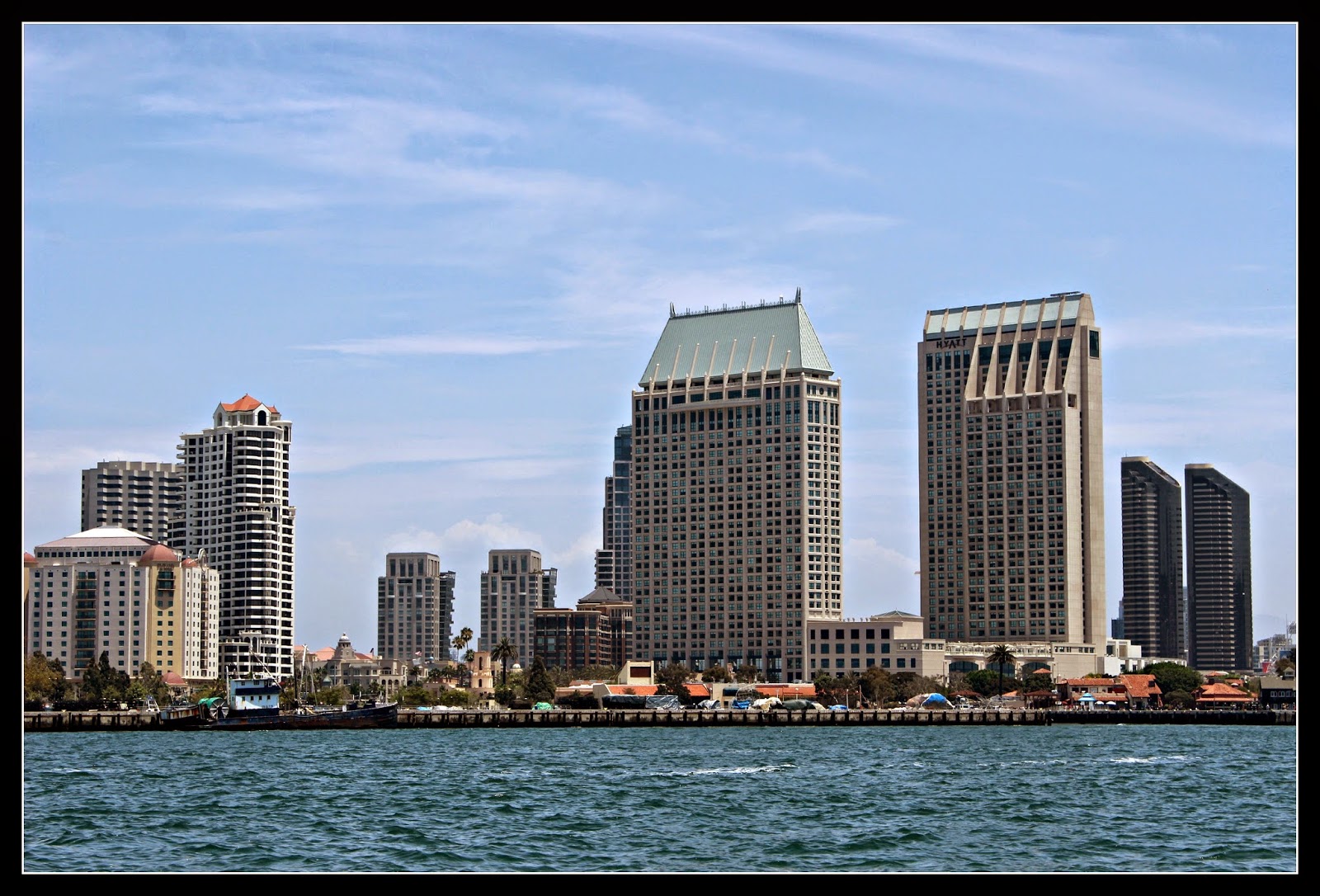Economic engines are fostered through the patterns
of human development and the creation of an environment that allows them to
realize their fullest potential on the market. The economic system should
encourage exploratory entrepreneurial behavior that leads to tangible rewards
for societal members to ensure momentum continues to thrust forward. The same mechanics
that apply to organizational motivation also apply to national motivation as
each member determines whether or not they will engage the market with their
skills and abilities.
The book Capital in the Twenty-First Century by
Thomas Piketty outlines how wealth is increasingly accumulating into fewer and fewer
hands thereby retarding the financial growth of the middle class. Wealth
distribution tied directly to performance helps to encourage greater levels of
motivation and innovative ideation. Higher
performance should be encouraged throughout the layers of society to have the
highest development of the economic system.
Expectancy-Value Theory: People will determine how much effort they
are going to put forward to obtain goals. If the system doesn’t offer these
rewards or if people are effectively blocked due to issues such as racism,
religious bigotry, sexism, nepotism, corruption, or improper wealth allocation
national motivation will decline.
Path-Goal Theory: It is not enough to offer the
rewards without offering the right rewards for the right kinds of activities.
Employees that work hard, develop new products, and create better ways of conducting
business have a right to increased income. The rewards must match the path to
ensure the highest amount of effort.
Cultural Reward Systems: Each culture has their own embedded
reward systems that encourages higher levels of motivation within that particular cultural
context (Rosenblatt, 2010). Once the culture is set it will change the vantage
points of societal members and influence what actions will lead to effective
rewards that adjusts social intelligence and thinking.
Skill Set Creation: To think, build, and produce
requires the motivation to learn and develop. The system must reward employees
who successfully complete training, obtain certificates, graduate with degrees,
and improve their earning potential in some way. The closer learning is associated
to current societal needs the higher the alignment of effort and skill.
Ideation to Production: When good ideas are ignored
only because they didn’t come from the “right” person with the “right” social
connections the system suffers as less people learn to open their ideas to
unjust criticism. Development of a nation requires the ability to explore
various types of ideas from multiple sectors of society.
Treaties and Agreements: Opportunities are based on
the ability to sell products on the global market that obtain rewards for
societal members. The types of agreements developed for trade and information
sharing will determine the potential opportunities generated. The agreements influence the productive structure of a nation.
Wealth allocation should impact all segments of
society to be effective. Developing a stronger society requires all-hands-on-deck through offering
appropriate rewards, effective paths that help the greatest amount of people, the
skill-set to produce, open-minded enough to accept new ideas, and having the
international agreements in place to develop new opportunities.
The way the system operates and develops has a
natural impact on the methodologies people use to make decisions. Every person uses judgments to determine whether or not additional effort will lead to
increased rewards or other valued benefits. A lifetime of rewards, punishments,
successes, and failures will determine the overall way in which a people think
and becomes embedded into a nation’s culture.
It is the entire system and its impact on the
population that will determine whether or not a nation will succeed or
decline or suffer the fate of history. Each member is surrounded by the
factors of their environment and the way in which other people think that
creates social perception as encased in culture. It is this cultural perception
matched with appropriately pathways to success and tangible rewards that will
determine if the system has the capacity to continue to grow in the future.
Piketty, T. (2014). Capital in the Twenty-First
Century. Harvard University Press: Cambridge, MA. ISBN 9780674430006
Rosenblatt, V. (2010). Social axioms, values and
reward allocation across cultures. Academy
of Management Annual Meeting Proceedings.





